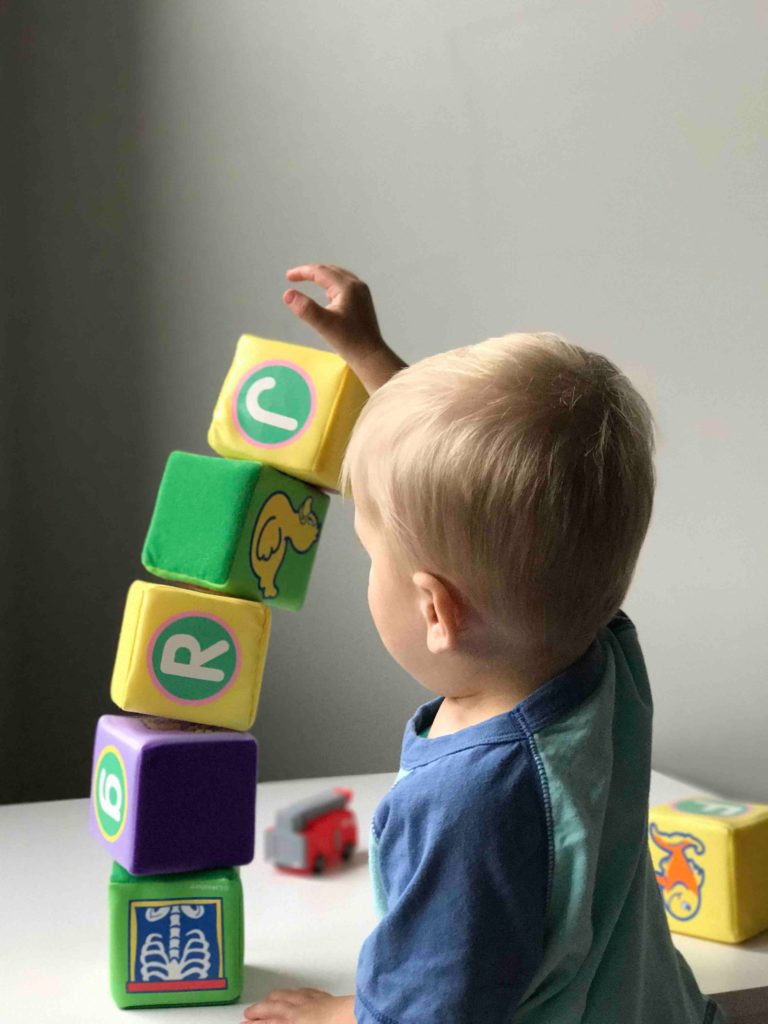Transitioning from Early intervention to Preschool
Just when you finally became comfortable with having therapists and teachers in and out of your home…it’s time to transition to preschool services!! Time certainly does fly, doesn’t it? Depending on your state this may be called “Preschool” or “3-5 services” or something else depending on which state you live in. In many states it is mandatory that these services take place in a school-based setting and other states may have options to extend home services for this age group (3 – 5 years old). Your early intervention team will help guide you through this process but it’s helpful to do your homework if you can.
Around six months before your child turns 3 years old, start asking your early intervention team about their thoughts on where they see your child after early intervention. Perhaps you can contact some of those schools/classrooms and schedule a visit (yes, during all your spare time!). Some early intervention programs and schools are hesitant to make recommendations or even allow parents for a visit but it is worth a try. Actually seeing a classroom is much different than reading descriptions online and can really help you get a sense of whether this is a good fit for your child. It can also help you, the parent, prepare for this transition. If you are unable to see classrooms prior to the team making an official recommendation, then be sure you let the team know at the placement meeting that you will need to visit the classrooms that are being proposed in order to finalize the plan. Keep the school calendar in mind when scheduling the IEP meeting at which your child’s classroom placement is proposed. As the end of the school year approaches, scheduling visits around end-of-year activities can be challenging and you really want to be able to see a “typical” day.

Things to consider about your child’s preschool classroom:
- Teacher:student ratios – is the staffing adequate to ensure your child’s safety and address goals?
- How will therapy sessions fit into the schedule? Will the therapist pull your child from the classroom for an individual session, will they do therapy during classroom activities, or both? What is best for your child?
- How will special education teacher, behavior specialists, and therapists communicate with the main teacher to ensure that your child can practice skills throughout all environments?
- How will teachers and therapists communicate with you? Will they send a note home every day? Will communication be daily, weekly?
- Is socialization with typical peers important for your child? Does the proposed classroom allow for this?
- How is the environment (i.e. noise level, other students, accessibility for children who need extra equipment) ?
- How many hours will your child be in school? Does your child have the stamina for the schedule? If this is a concern, perhaps your child can start with a shorter day and build up the time gradually.
- Is your child medically fragile? Our son missed many preschool days due to seizures and illness when starting preschool. We eventually created a program where he went to preschool for a shortened day had two therapy sessions for each discipline: one at home and one at school. This worked out perfectly for his medical needs. Remember, an IEP is an INDIVIDUALIZED education plan so don’t be afraid to ask that it be customized for your child.
- Finally, once you and your child’s team decide on a classroom for your child, perhaps it would be helpful for the IEP to include that a meeting be scheduled during the first month of school to assess how your child is adjusting. I say this mostly for students who have larger teams for which finding a meeting time that works for everyone is trickier.
